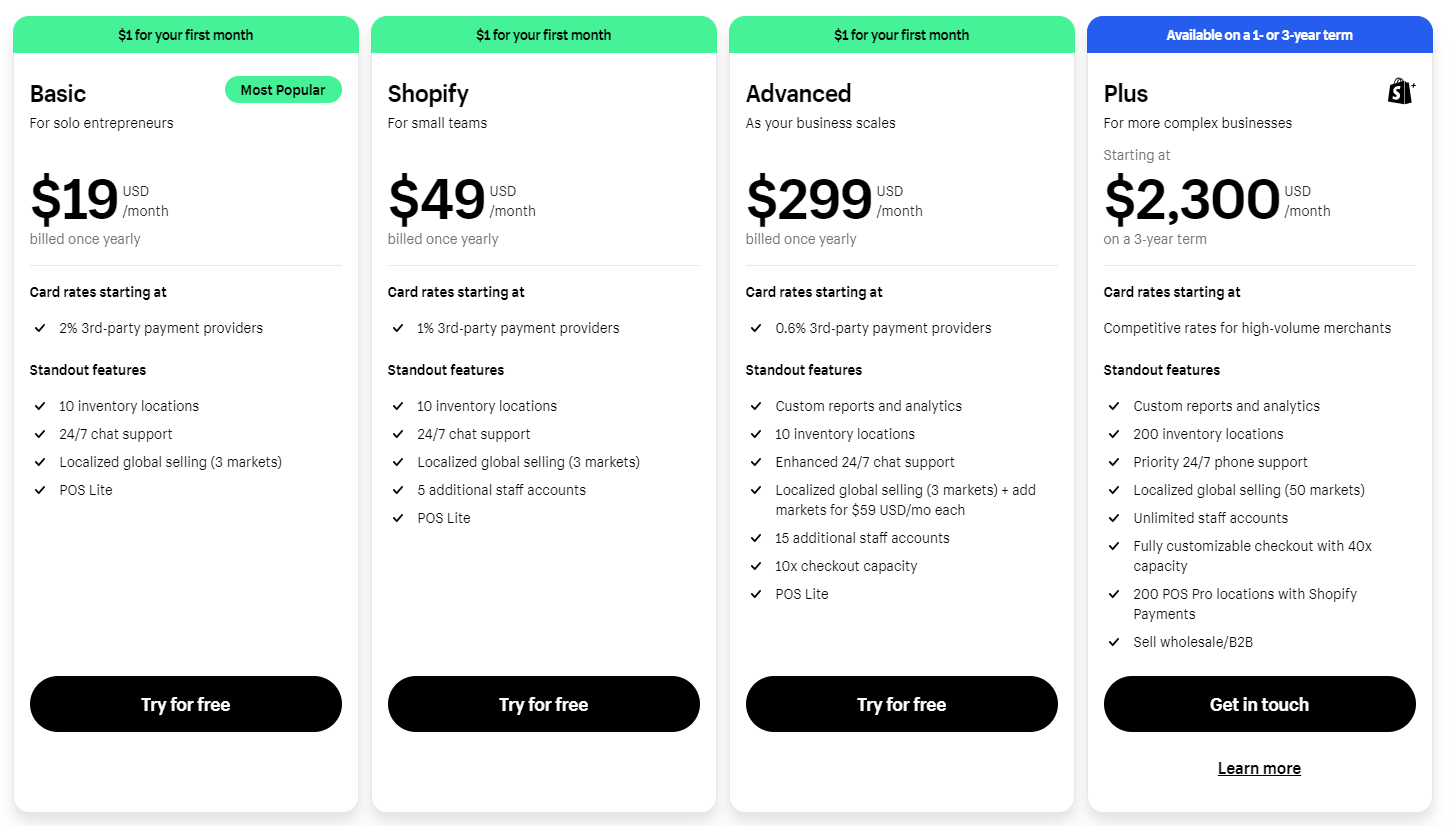Ever wondered how you can benefit from AI and automation in eCommerce bookkeeping? Despite the multi-faced nature of eCommerce business, there’s one thing that is common for all of them – bookkeeping. An essential aspect of running any business, bookkeeping ensures accurate recording of finances and provides a solid foundation for financial analysis and decision-making.
As you’ve already guessed, emerging technologies like AI and automation have reshaped the landscape of bookkeeping, offering numerous benefits and transforming the way financial data is managed. What are these benefits? And how big is the role of AI and automation in eCommerce bookkeeping? These are the questions we’ll cover further in the article.

The Benefits of AI and Automation in eCommerce Bookkeeping
The Achilles’ heel of bookkeeping is its vulnerability to error. With so much data to input manually, even the most experienced accountants can make a mistake, let alone specialists who have only embarked on their bookkeeping journey. And though not all mistakes necessarily lead to money loss, most of them expose businesses to significant consequences.
That’s where technologies come into play. The integration of AI and automation not only addresses the vulnerability to errors but also elevates the efficiency and accuracy of financial management, allowing entrepreneurs to take their cash flows under control.
Now, to the advantages of AI and automation in bookkeeping.
Streamlined Operations
First and foremost, technology allows retailers to streamline their day-to-day operations. With automated data extraction capabilities, AI can swiftly analyze invoices and receipts, extracting relevant information and inputting it directly into the accounting system. For businesses, this eliminates the need for manual data entry, which ultimately reduces the chance of mistakes.
A High Level of Accuracy
Enhanced accuracy is another key benefit of AI and automation. The beauty of AI-driven tools lies in their extraordinary capability to process massive volumes of data in a short space of time – an ability that surpasses the physical limitations of humans.
Thanks to this speed and processing power, AI systems can instantly spot even minute discrepancies and inconsistencies, ensuring a high level of accuracy in financial records.
Time and Cost Savings
Although implementing the technology may seem costly in the early stages, in the long run, it proves to be the most effective way to reduce maintenance costs. Instead of wasting money on repetitive and time-consuming tasks, a one-time investment in bookkeeping optimization can help reduce manual labor, resulting in significant cost savings over time.
Improved Communication
The benefits of AI are not limited to data analysis. One of the other reasons so many businesses use this technology is that it helps improve communication with clients. By integrating chatbots that can answer client queries as efficiently as humans, businesses can free time for bookkeepers for more strategic tasks.
AI-Driven Financial Analysis and Reporting

Compiling financial statements is an essential part of running a business. Bookkeepers may be asked to present this kind of documentation in a number of situations:
- At the end of a tax year,
- Or when a company’s planning to reorganize some of its processes and needs an analysis of its financial records.
Preparing this kind of report isn’t quick. On average, it takes a team of accountants up to 25 days to file an annual close and can take even longer depending on the business structure.
However, with AI-powered bookkeeping systems, critical financial records are instantly available. As soon as the business owner or bookkeeper determines the type of information he or she is interested in, it will immediately come up on the screen, showing all the necessary data in real time.
Where AI tools also shine is in their ability to analyze data. Even if you don’t have a dedicated business analyst, the AI algorithm will point you in the right direction by identifying and highlighting the important KPIs. This information can be helpful in deciding how to allocate finances within an organization.
Predictive analytics and forecasting capabilities are another game-changer. While some bookkeepers can be quite good at anticipating trends, they can’t compete with artificial intelligence. AI beats humans in its ability to process vast amounts of data, which is exactly what makes this emerging technology so powerful.
Using the insights derived from AI, you can forecast:
- When is the next surge in demand likely to occur?
- What supplies need to be replenished?
- When is the best time to present a new product/service?
- What is the financial condition of the business and what areas need improvement?
Armed with this information, businesses can better understand the most likely scenarios for customer behavior, as well as trends and fluctuations in the financial market, and make more informed financial management decisions.
Additionally, the integration of AI and automation in bookkeeping enhances fraud detection and risk assessment. AI-powered anomaly detection algorithms can identify irregularities and potentially fraudulent activities, minimizing potential money losses and protecting businesses from cyber threats.
For eCommerce where transactions take place every minute, this additional layer of security is paramount.
Integration of AI and Automation With Existing Bookkeeping System

One of the main factors holding some companies back from digitizing their accounting processes is the difficulties associated with the integration of AI-powered systems. However, this is easier to do than it might seem. There are many user-friendly solutions, such as QuickBooks and Xero (to name a few), that provide a seamless transition without hours of coding.
Moreover, the benefits that integration offers make the game well worth the candle.
Compared to most existing bookkeeping systems that offer a one-size-fits-all approach, AI solutions are designed with customization in mind. This means they can be easily tailored to the specific requirements and goals of any business.
Additionally, AI tools provide scalability, much like the remarkable growth and popularity witnessed by cryptocurrencies such as Dogecoin. This way, when a company grows, instead of switching to a new system to keep up with the increased volume of records, it can easily adapt and expand AI solutions to accommodate the growing demands.
When it comes to choosing a suitable solution for integration, it’s important to consider the level of privacy and data security provided. AI and automation must adhere to strict data protection regulations, ensuring sensitive financial data remains confidential. This involves using:
- Encryption,
- Access controls,
- Regular data backups,
which safeguards against data breaches and unauthorized access, providing peace of mind.
Challenges and Limitations of AI and Automation in eCommerce Bookkeeping
While the benefits of AI and automation are undeniable, there come a number of challenges, too. Let’s take a closer look at them so you can better understand what to be prepared for.
As we’ve stated earlier, the biggest concern when it comes to integration is the integration itself. The initial setup and integration of AI and automation in eCommerce bookkeeping can indeed be a challenge, especially for companies that do not have an in-house development team.
However, this challenge can be easily navigated. There are many remote teams that specialize in AI implementation and can help you transition to AI tools in no time.
Additionally, training AI models to deliver accurate results requires an investment of time and resources. That being said, this is true not only of AI bookkeeping tools but of any other AI-enabled solutions, so it’s just one step that has to be crossed off the list.
Moreover, considering the long-term benefits technology offers and the fact that more and more companies are switching to AI tools, investing a bit of time in the initial training pays off with greater rewards in the long run.
Last but not least, it’s important to check the data inputs generated by AI-driven bookkeeping systems. While the outputs are generally pretty outstanding, human oversight and intervention remain essential to avoid biases and ensure data quality and relevance.
Last but not least, when considering the integration of AI-driven bookkeeping systems, it’s essential to maintain a holistic approach, even while collaborating with a specialized Shopify app development agency. While the outputs of these systems are consistently impressive, human oversight and intervention play a crucial role in mitigating biases and guaranteeing the utmost data quality and relevance.
The Future of Bookkeeping
The future of bookkeeping is definitely heading toward increased automation. This isn’t surprising considering the impact technology is making on every sphere of our lives and the benefits it offers. From enhanced accuracy and predictive analytics to saving time and costs, AI proves helpful on all the frontiers.
As technology continues to evolve, AI-driven bookkeeping systems will become even more sophisticated, further revolutionizing financial management practices. However, it won’t replace accountants. At least not just yet, as human expertise remains essential in interpreting AI-generated insights and making strategic decisions.
In the coming years, there’ll be a more significant shift in companies switching to AI accounting systems, and eCommerce, in particular, will be at the forefront of this shift. By automating bookkeeping, businesses will streamline their financial management and have more time to analyze data for number-driven strategies.
As AI technology continues to advance and become more accessible, its integration into bookkeeping practices will become a standard in the business world.
What Is EcomBalance?

EcomBalance is a monthly bookkeeping service specialized for eCommerce companies selling on Amazon, Shopify, Ebay, Etsy, WooCommerce, & other eCommerce channels.
We take monthly bookkeeping off your plate and deliver you your financial statements by the 15th or 20th of each month.
You’ll have your Profit and Loss Statement, Balance Sheet, and Cash Flow Statement ready for analysis each month so you and your business partners can make better business decisions.
Interested in learning more? Schedule a call with our CEO, Nathan Hirsch.
And here’s some free resources:
- Monthly Finance Meeting Agenda
- 9 Steps to Master Your Ecommerce Bookkeeping Checklist
- The Ultimate Guide on Finding an Ecommerce Virtual Bookkeeping Service
- What Is a Profit and Loss Statement?
- How to Read & Interpret a Cash Flow Statement
- How to Read a Balance Sheet & Truly Understand It
Conclusion
To wrap up on AI and automation in eCommerce bookkeeping, the potential of integrating technology in accounting is immense. From minimizing errors and safeguarding sensitive data against cyber threats and unauthorized access to predicting trends in the financial market, AI-powered solutions can effectively handle most of the issues that are beyond the capacity of humans.
In addition, they also help in communicating with clients. By integrating virtual assistants, companies can provide 24/7 customer support, freeing up accountants’ time for more strategic tasks.
As daunting as the idea of automation may seem, AI isn’t replacing employees. Instead, it offers an effective solution where machines and humans work in unison to pave the way for growth and success in the digital marketplace.









